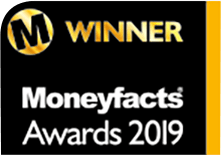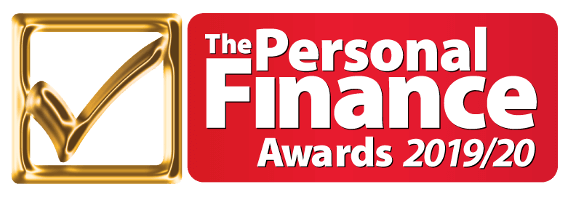An unsecured loan which is sometimes just known as a personal loan is a type of borrowing that can be used for many purposes. Unsecured loans are widely available and are offered by an enormous number of lenders.
You won't need to offer up your home as security to take out an unsecured loan but that doesn't mean you shouldn't take the consequences of non-payment seriously. Here's what you need to know about unsecured loans and how they work.
Unsecured loans - the basics
An unsecured loan is a relatively straightforward product. You choose an amount you want to borrow, decide how long you want to repay it, check whether the monthly repayments are affordable and if so, apply.
There's no need to provide security or valuations for your property. The lender will decide whether to provide you with the loan based on the information that's available in your application, and by carrying out a credit check.
If you're approved, you'll receive the money in your nominated bank account and you will be liable to make the repayments, which are usually monthly, until the loan is paid off. As well as repaying the initial sum you borrowed, you will also be repaying interest. This means over the course of the term the debt that you will repay will be significantly greater than the sum you received. The interest rate is key to determining how much extra you need to pay; the lower the interest rate the less you will need to repay.
Can I get an unsecured loan?
Unlike a secured loan, there are few hard and fast rules about who can and can't get an unsecured loan. In theory anyone can apply, but affordability is key. The lender will want to be absolutely certain that you are able to meet the repayments so they will look very closely at your income and outgoings.
As well as looking at your financial situation now, lenders will also want to know what your track record of borrowing money has been like. They will therefore carry out a credit check. This will confirm whether you have any outstanding borrowing and if so, the balance remaining. A credit check will also show whether you have repaid things on time in the past.
If your credit history isn't very good, perhaps because you've defaulted on loans before, it will be more difficult to get approved. Each lender has its own criteria and reviews all of the facts before reaching a decision.
As a general rule, greater significance will be placed on difficulties with repayments that have occurred more recently. For loans you have defaulted on in the past, if you have had a good record since, it may not be as problematic.
Anything that I need to know?
Marketing or promotional material for an unsecured loan will mention the APR - the interest rate - that will apply for the loan, but that doesn't mean that's what you will be charged. A lender decides what rate of interest to charge based on how much of a risk you present. Those with a better credit profile will receive lower interest rates. Therefore you should check the loan offer very carefully, once received.
If you present too high a risk for the lender to accept you will be declined, but this doesn't mean that another lender won't accept you. There are some lenders who specialise in providing unsecured loans to higher risk applicants. These loans have a higher rate of interest and are more expensive but still work in the same way as any other unsecured loan.
Although the loan is not secured on your property, it's still important that you make the repayments when due. Missing or being late with repayments will damage your credit rating and make it more expensive or difficult to get a loan in the future. The lender could also take legal action against you to recoup their money. For this reason, it's essential to make sure you can afford the loan before you take it out.
To find out more about unsecured loans or to apply, contact Loans Warehouse today on 01923 678 870.



